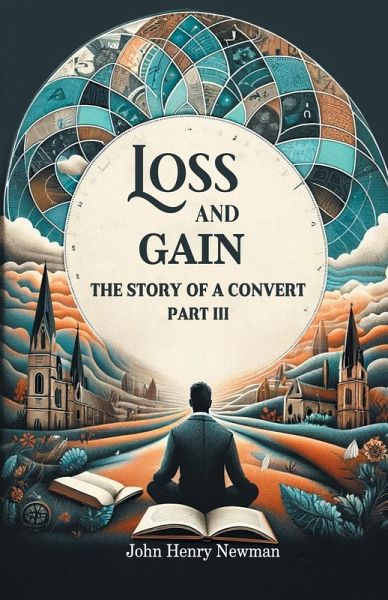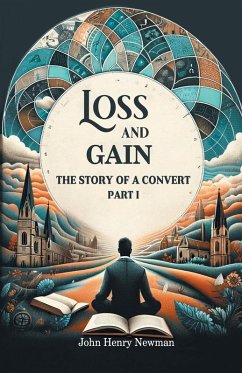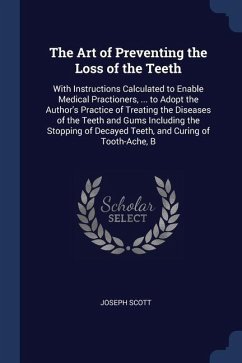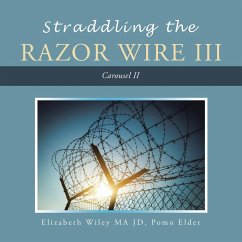
Loss And Gain The Story Of A Convert Part III
Versandkostenfrei!
Versandfertig in 1-2 Wochen
12,99 €
inkl. MwSt.

PAYBACK Punkte
6 °P sammeln!
""Loss and Gain: The Story of a Convert, Part 3"" by John Henry Newman continues the spiritual odyssey of Charles Reding as he deepens his journey towards Catholicism. The novel delves into Charles's exploration of Catholic doctrine, where he grapples with the significance of sacraments such as the Eucharist and confession. Throughout his quest, Charles faces conflict-both internal doubts and external pressures-as he navigates the intricate balance between faith and reason. The novel concludes with Charles's reconciliation with his past, marking a significant personal and spiritual evolution i...
""Loss and Gain: The Story of a Convert, Part 3"" by John Henry Newman continues the spiritual odyssey of Charles Reding as he deepens his journey towards Catholicism. The novel delves into Charles's exploration of Catholic doctrine, where he grapples with the significance of sacraments such as the Eucharist and confession. Throughout his quest, Charles faces conflict-both internal doubts and external pressures-as he navigates the intricate balance between faith and reason. The novel concludes with Charles's reconciliation with his past, marking a significant personal and spiritual evolution in his life. The novel explores Charles's final steps in his conversion process, detailing his full acceptance and commitment to Catholicism. It portrays the culmination of his spiritual journey and the resolution of internal conflicts he faced earlier. Themes of divine guidance and providence are woven throughout, portraying Charles's trust in God's plan and the spiritual significance of his conversion experience. Newman employs his distinct narrative style to convey Charles's inner turmoil, moments of epiphany, and the profound impact of religious conversion on personal identity and purpose. Overall, ""Loss and Gain, Part 3"" is a culmination of Newman's exploration into the themes of faith, conversion, and spiritual growth, offering readers a reflective and insightful narrative into the












